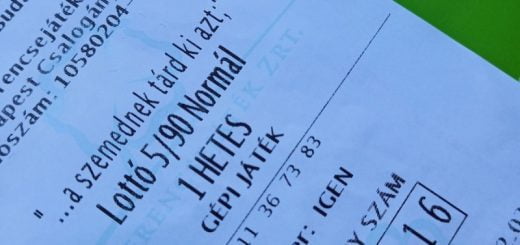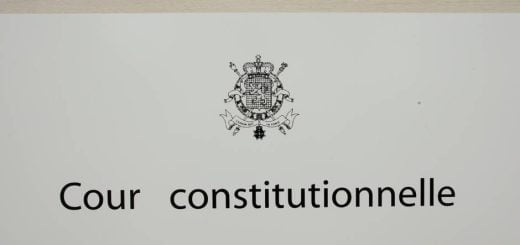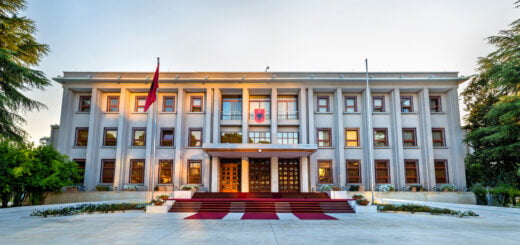SWEDISH PARLIAMENT ADOPTS NEW GAMBLING BILL
This June, significant and long-awaited regulatory update arrives from to-be-reformed Swedish market. The country’s Parliament has approved new Gambling Bill, thus introducing liberalized online betting and open licencing regime. New regulatory regime emphasize customer-prioritized approach and adheres to the UK example of good practice.
The new provisions are largely based on the results of the 18-month public consultation from March 31 2017 onwards. Formally, Parliamentary Committee on Cultural Affairs has approved provisions.
Key provisions
Practically, the new legislation will, to the biggest extent, remove the multiple-market monopolies of state-owned Svenska Spel. As a consequence, this will result in tackling of the country’s unregulated and illegal market. Furthermore, in attempt to keep the pace with latest global regulatory trends, taxation rate of 18% on GGR will apply. The latter will apply to sports betting operators as well as to online casino.
The Law, entering into force on January 1, 2019, enables the operators to submit their respective online gambling applications as early as of 1 August.
The key intent behind the legislative change was to create a more favourable market environment. It will take into account excellent customer protection and anticipate opening of the country’s local gambling sector towards key international stakeholders.
In addition, adhering to the Swedish regulatory rules regarding safe service and responsible gambling approach are also some of the fundamental objectives behind the newly-adopted Law.
A number of global online operators revealed they were very positive about the future regulatory changes in Sweden.
The newly-adopted legislation will, however, leave under state control some types of gambling like the state-run casinos and national lottery. In that respect, a series of debates on the future of the state-led operator will re-emerge.
For the comprehensive analysis of regulatory changes to accrue from the new legislation, please find the EOGL article written earlier this year.






